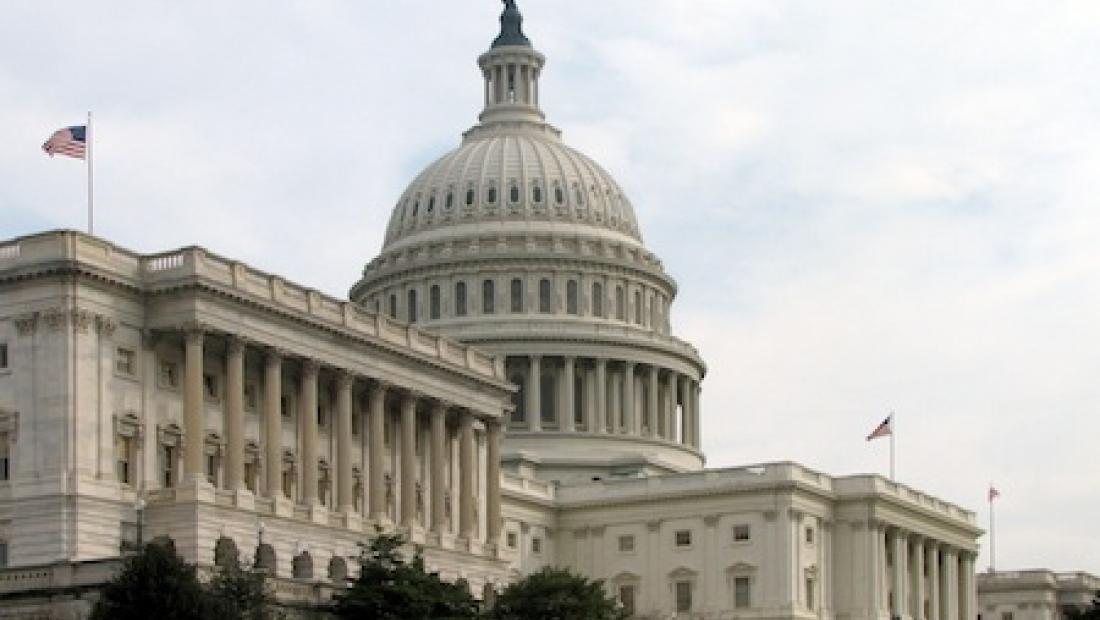Sen. Schatz Schedules Hearing on Hawaii's Errant Missile Alert

The smarter way to stay on top of broadcasting and cable industry. Sign up below
You are now subscribed
Your newsletter sign-up was successful
Sen. Brian Schatz (D-Hawaii) will hold a field hearing in his home state that is pretty self-explanatory: “Hawaii False Missile Alert: What Happened and What Should We Do Next?”
Local officials inadvertently issued an incoming nuclear missile alert, leading to some panic and an FCC investigation into the incident.
Scheduled to appear at the April 5 hearing in Honolulu is FCC Commissioner Jessica Rosenworcel, also a Democrat.
Also scheduled to testify at the hearing, which will be divided into three panels (Rosenworcel gets the first by herself) will be Admiral Harry Harris, commander, United States Pacific Command, U.S. Department of Defense; Lisa Fowlkes, chief of the FCC's Public Safety and Homeland Security Bureau; Antwane Johnson, director, continuity communications division, Federal Emergency Management Agency (panel II); Major General Arthur J. “Joe” Logan, adjutant general, Hawaii Emergency Management Agency; and Chris Leonard, president, Hawaii Association of Broadcasters.
“This hearing is about moving forward and fixing the emergency alert system,” Schatz said. “By bringing together state and federal officials, we can understand what happened, what resources are needed to make it right, and how we can improve the system overall.”
Related: Bill Would Federalize Nuclear Missile Alerts
The FCC's Homeland Security bureau, in a report delivered at the FCC's Jan. 30 public meeting, said that the alert was issued due to a miscommunication between the night shift and day shift of Hawaii's emergency management agency, exacerbated by a failure to quickly communicate that the alert was sent in error--a warning official said he mistook a drill for the real thing, though the FCC said it was unclear whether that was the case or whether it was inadvertently sent despite knowing it was a drill.
Related: FCC: Hawaii Emergency Management Official Not Cooperating
Rosenworcel emphasized in response to that report that time was of the essence and new and better practices for all stakeholders needed to be in place ASAP. She also invoked the current nuclear angst stemming from North Korea threat and war of words between the two countries, saying that residents of Hawaii, “like all of us, are aware of new vulnerabilities in the Pacific.”
While human error was the cause, the bureau also found that the software used to send the alert did not differentiate between a test and a live alarm, and allowed both to be triggered with the same credentials, with pre-prepared templates making it easy to launch the alert without having to sufficiently focusing on the contents.
FCC chairman Ajit Pai, who said the only thing triggered in Hawaii was panic and outrage, justified in both cases. He said he was most troubled by the state's failure to have proper safeguards to prevent human error from causing such a false alarm and it had no plan for what to do if such an alert were sent. He said that should be a lesson to all states to have both.
The smarter way to stay on top of broadcasting and cable industry. Sign up below
Contributing editor John Eggerton has been an editor and/or writer on media regulation, legislation and policy for over four decades, including covering the FCC, FTC, Congress, the major media trade associations, and the federal courts. In addition to Multichannel News and Broadcasting + Cable, his work has appeared in Radio World, TV Technology, TV Fax, This Week in Consumer Electronics, Variety and the Encyclopedia Britannica.

